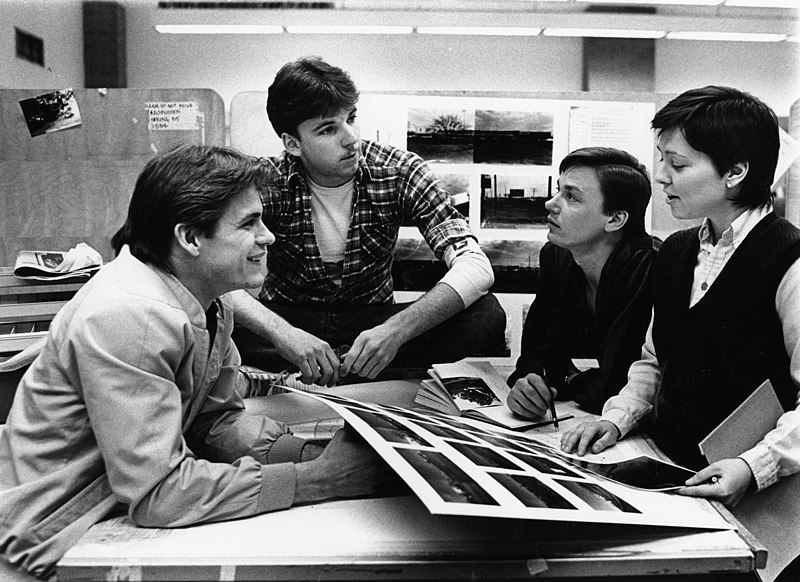Learning and Education

The discipline of education is broad and diverse. Education in relation to learning encompasses ways to achieve outcomes through learning paradigms, be it through traditional methods of lecturing and testing, or contemporary methods of collaboration and holistic approaches. Furthermore, the concept that learning and education can happen in other institutions outside of schooling, such as the family, the workplace, in relationships, and in society, are salient to understanding the importance of learning. In another sense, the discipline of education is actually an interdisciplinary practice in some respects. In this chapter, the tradition of the educational system within North America and changes to it over time until now will be explained. In addition, the impact that science has on education and on areas such as educational policy will be examined. This chapter will address the role of critical thinking and writing to enhance education and learning for individuals.
The learning outcomes in this chapter are as follows:
- Compare and contrast the educational system in North America from past to present.
- Analyze the changes in education and their foundational concepts by exploring various theories.
- Describe the impact that science has had on education and its policies.
- Create your own conceptualization through critical thinking about education and learning.

